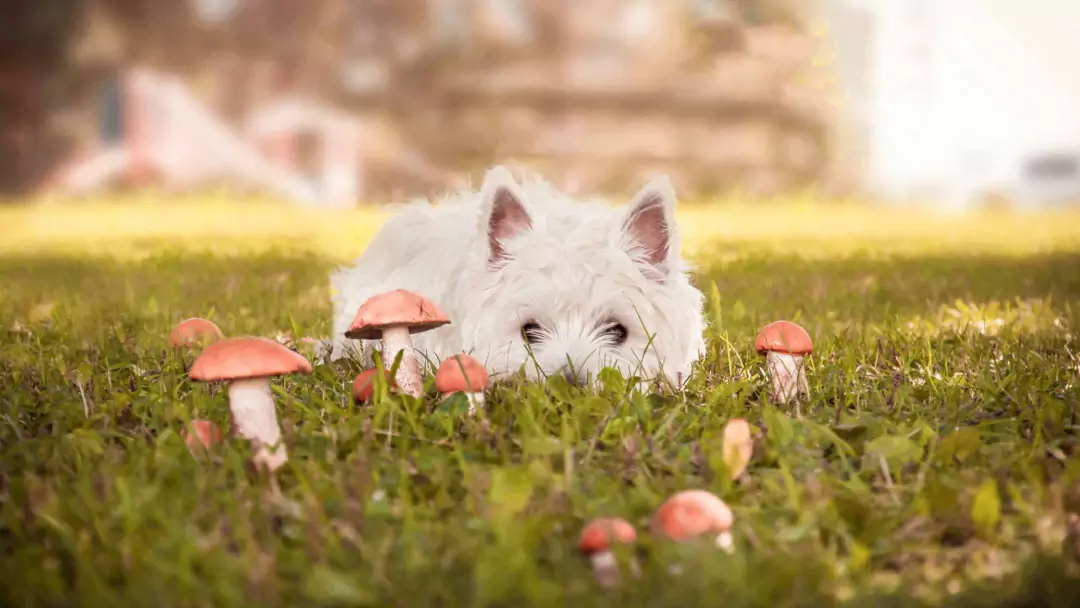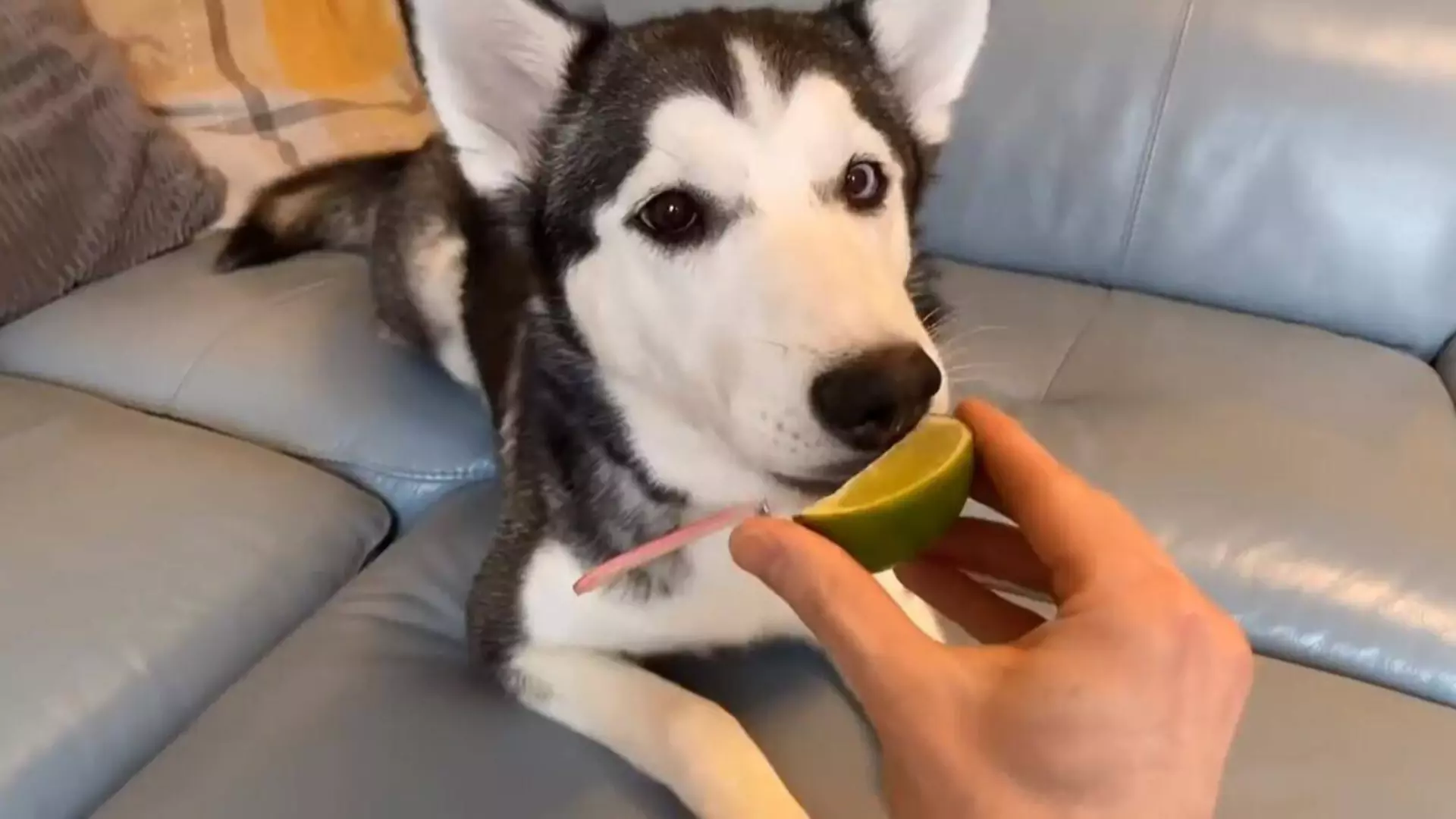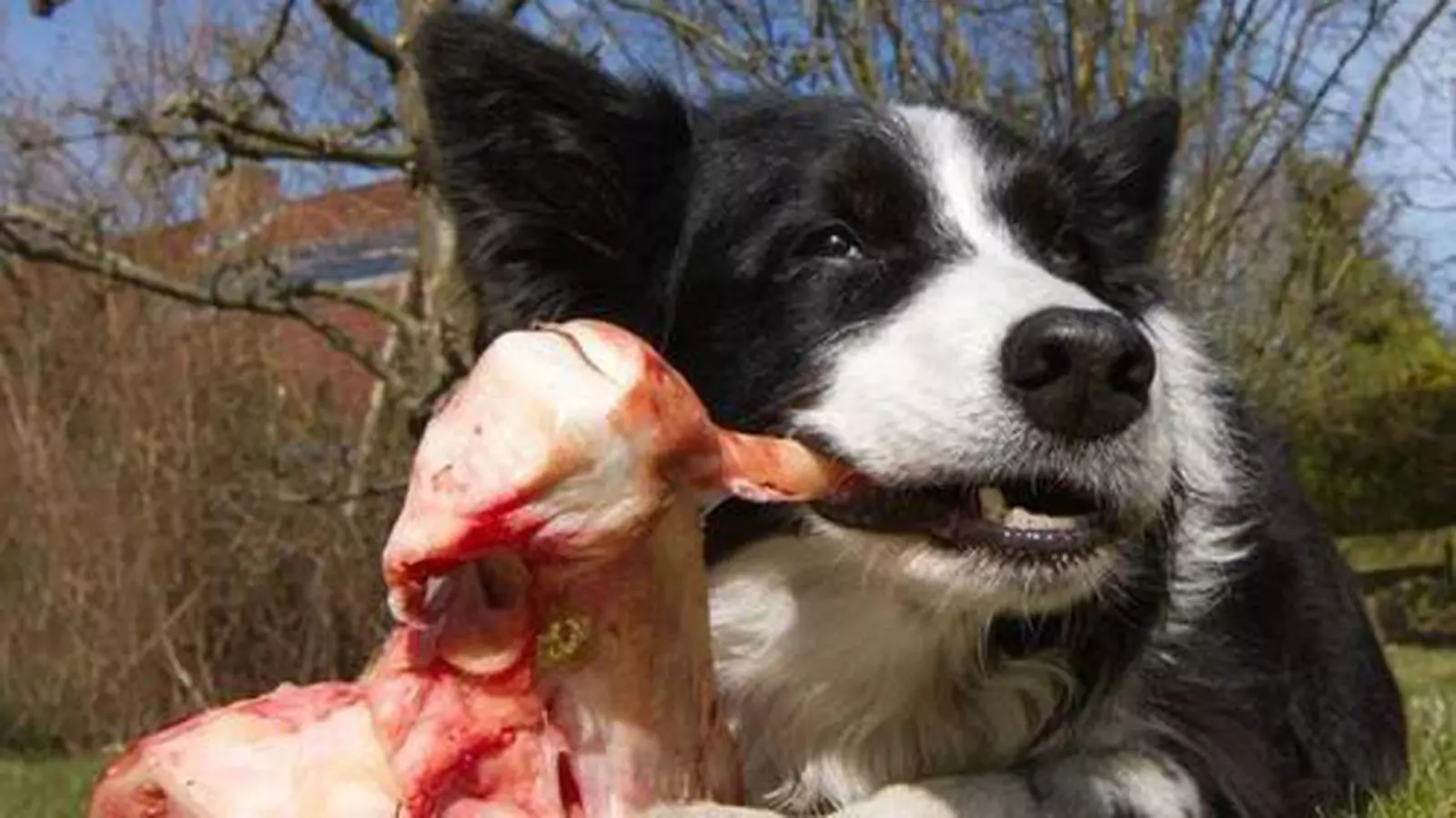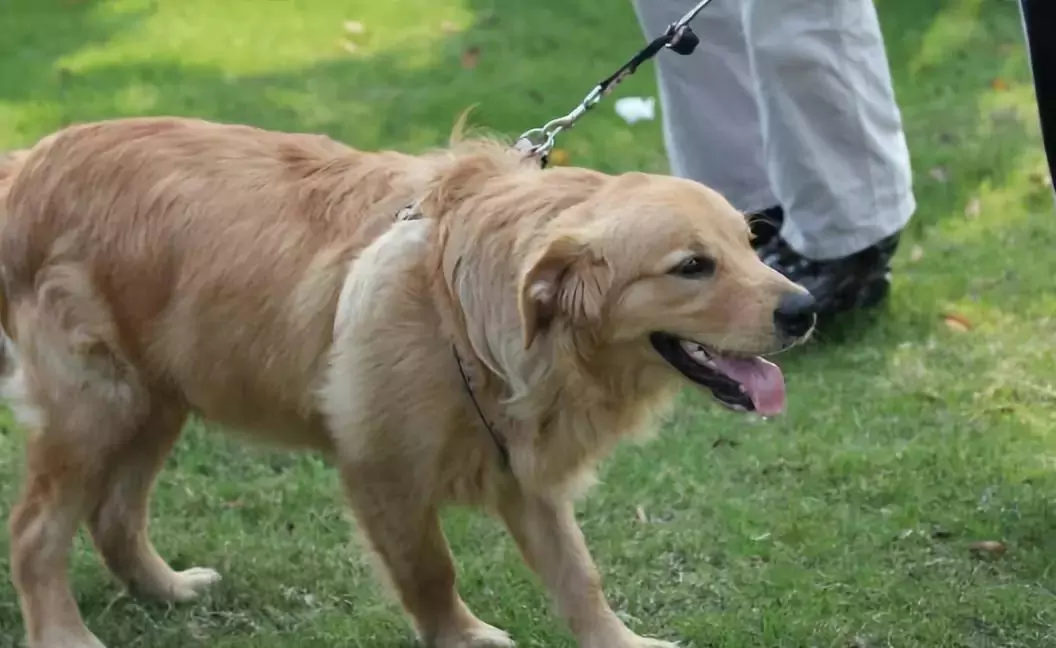Are mushrooms bad for dogs? Precautions for feeding mushrooms to dogs
2022-07-07
Dogs can eat mushrooms. But you have to cook the mushrooms before feeding them, and don't feed them too much, overfeeding can lead to indigestion in dogs. At the same time, we should be careful not to let the dog develop the habit of eating mushrooms so that dogs do not look for poisonous mushrooms in the wild, prone to poisoning. Therefore, mushrooms are usually not recommended for dogs because of their potential toxicity. Short-term feeding may not cause abnormal symptoms, but long-term feeding may cause toxic reactions.
I. Can dogs eat mushrooms?
The answer is actually yes.
The answer is yes. Generally speaking, edible mushrooms such as shiitake, shiitake, enoki, and enoki mushrooms are also edible ingredients for dogs. Many people say that dogs will have diarrhea after eating mushrooms it may be that the dog itself has a weak stomach and cannot eat things that are difficult to digest. It is also possible that the dog is eating unknown mushrooms in the wild.
What is the nutrition of giving mushrooms to dogs?
Beta-Glucan
Beta-glucans are a type of dietary fiber and they can act directly on the immune cells inside the intestine. Because they have such properties, they are specifically shown to improve the immunity of dogs and also promote detoxification. They are good for protecting the health of dogs and fighting cancer and are generally found only in mushrooms, barley, and other ingredients.
Vitamins
The body of mushrooms contains vitamin B1, B2, and ergocalciferol, which can interact with ultraviolet light and turn into vitamin D. These nutrients are essential for maintaining the daily life of dogs. These nutrients are needed to maintain the daily life of your dog. Of course, care should be taken to give them in moderation and not in excess.
Dietary fiber
Mushrooms contain a lot of dietary fiber in their bodies, which can effectively improve the gastrointestinal environment and promote intestinal peristalsis. Of course, this is also the culprit that can make people mistakenly believe that dogs will have diarrhea if they eat mushrooms.
The fungi to which mushrooms belong are a separate branch in the biosphere, and they are genetically closer to animals than to plants. So what do dogs and mushrooms have in common?
Both need defense against viruses, bacteria, and parasites, and the amazing thing about mushrooms is that they can protect themselves from these things, and they can provide the same amount of defense to protect the dog that eats them.
Mushrooms can do so much all thanks to their nutritional value.
鈽?Nutritional Composition of Mushrooms 鈽?
Minerals
Potassium, selenium, sulfur, sodium, zinc, phosphorus
Sugar
Mannitol, xylose, glucose, galactose, mannose
Vitamins
B complex, folic acid, vitamin D
Protein
Amino acids
Enzymes
Antibacterial, Protein hydrolysis
Lipids
Phospholipids, sterols, sterol esters, free fatty acids, mono-, di- and triglycerides
Polysaccharides
Glycogen, beta-D-glucan, chitosan
Terpenoids
Triterpenes
Provides all-round help
Mushrooms are versatile natural plants and come in many varieties themselves. Not all mushrooms are medicinal mushrooms; the main medicinal mushrooms are shiitake, reishi, Yun Zhi, mushroom dance, and cordyceps.
Although there is no shortage of valuable medicinal herbs, parents can rest assured that most edible mushrooms have more or less medicinal properties.
Fight against cancer
Mushrooms alone cannot kill cancerous cells, or else the global medical community would not be so distressed by them and we would not be so scared. However, mushrooms have been tested to be effective in providing relief from cancer.
For antioxidants
Mushrooms are also very effective as free radical scavenging antioxidants. Free radicals are produced by cellular metabolism and too many of them can lead to aging, arthritis, and cancer.
Synthetic antioxidants have been suspected of being carcinogenic, so researchers have been searching for natural antioxidants and have finally found them in mushrooms such as Reishi and Yunzhi.
Through the power of chemical reduction, these mushroom extracts can provide hydrogen atoms to break the chain of free radicals.
Probiotics
Probiotics should be a familiar microorganism and their importance is reflected in the advertisements of various probiotic drinks, i.e. to promote the digestion and absorption of nutrients, maintain the balance of intestinal flora and improve the immune system, etc.
Prebiotics, on the other hand, are dietary supplements that can effectively stimulate benign bacteria, and high-fiber mushrooms are the perfect choice to accomplish this task.
The terpenoids in mushrooms automatically recognize harmful bacteria while not fighting beneficial bacteria, so proper supplementation can be equally good for your dog's body.

II. Things to consider when feeding mushrooms to your dog
Be fed in moderation
Although dogs are omnivores, their intestines are not as strong as they think they are for digesting dietary fiber, and if owners feed their dogs too many mushrooms, they are at risk for gastrointestinal reactions. Because each dog's gastrointestinal condition is different, there is no set standard for how much should be fed.
Don't give raw
If you want to give your dog mushrooms, then it is recommended that you cook them first. During the cooking process, the high temperature will kill some of the germs, thus protecting the dog's health.
Do not give your dog wild mushrooms
No one can say they know all the mushrooms, in the wild, and what kind of mushrooms may contain toxicity. Some may be harmless to humans, but they can make dogs suffer. So, as much as possible to avoid dogs eating wild mushrooms such things happen. If your dog eats a wild mushroom when you are not looking, and becomes unwell. Contact your vet as soon as possible and describe the type of mushroom or bring a sample if possible.
Mushrooms can be used to make dog food
Some dogs may not have much interest in mushrooms, so it is usually recommended to add them to homemade dog food. Chop it up and cook it together. Of course, if you only give mushrooms, it is generally recommended to feed shiitake mushrooms because the aroma is heavier to interest the dog.
Three: How to feed mushrooms to your dog
After reading these effects, I'm sure the owner will ask how to get the dog to eat them.
In terms of mushroom selection, common edible mushrooms such as shiitake, crab mushroom, snow-white mushroom, dancing mushroom, show mushroom, flat mushroom, apricot mushroom, etc. are all edible for dogs.
As for herbs or Chinese herbs with special healing properties like reishi, it must depend on the dog's physique and stage needs, and it is more appropriate to feed them with medication or food preparation under the advice of a veterinarian or expert.
People who still think that dogs can not eat mushrooms, please face the wall
Parents can feed them with a variety of meat and vegetables cooked in fresh meals. It should be noted that feeding dogs and cats must be finely chopped and cooked before feeding because they have a short gastrointestinal tract, digestion time and function are worse than people.
Like when we eat hot pot and add enoki mushrooms if they are not finely chopped, it will be difficult to digest them completely, and this is true for people with long gastrointestinal tracts, let alone dogs.
Some dogs don't like the taste of mushrooms, so it's a good idea to chop them finely and cook them, or to choose varieties with a lighter taste, such as crabapple mushrooms, snow-white mushrooms and dancing mushrooms.
Was this article helpful to you?
Other links in this article
Italiano:
I funghi fanno male ai cani? Cosa fare e cosa non fare quando si somministrano funghi ai cani
Nederlands:
Zijn paddestoelen slecht voor honden? Do's en don'ts van het voeren van paddenstoelen aan honden
Português:
Os cogumelos são maus para os cães? O que fazer e o que não fazer ao alimentar os cães com cogumelos
português (Brasil):
Os cogumelos são ruins para os cães? O que fazer e o que não fazer para alimentar os cães com cogumelos
中文简体:
蘑菇对狗有害吗?给狗狗喂蘑菇的注意事项
中文繁体:
蘑菇對狗有害嗎?給狗狗喂蘑菇的注意事項
Comments

Is a dog's mouth cleaner than a human's? Dogs' mouths need regular cleaning

Can dogs eat beans? Do dogs eat beans for health?

Can dogs eat lemons? Fruits that dogs should not eat more of

Do dogs have nightmares? Are dogs' dreams similar to humans'?

Can dogs eat raw beef? The benefits and drawbacks of beef for dogs

Is raw meat good for dogs? Can dogs eat raw chicken?

Can dogs eat pomegranates?

Can dogs eat ham?Can all types of ham hocks be eaten?

How to give a dog a bath

Can dogs eat kimchi?








